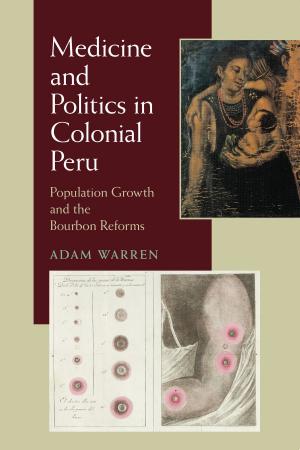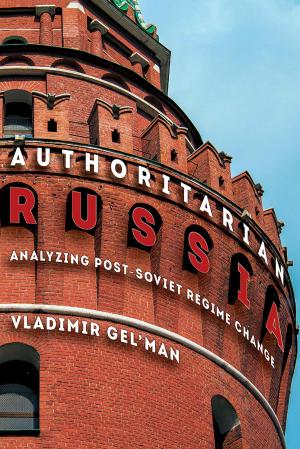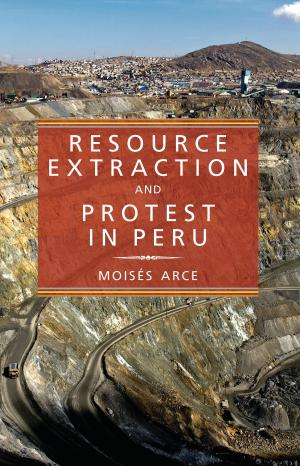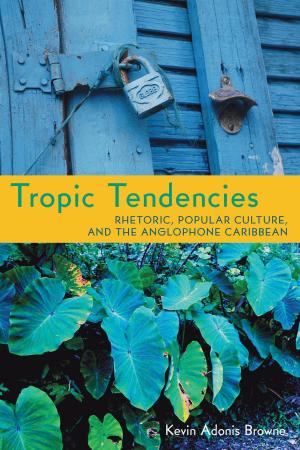Kosovo and Serbia
Contested Options and Shared Consequences
Nonfiction, History, Eastern Europe, Social & Cultural Studies, Political Science, International| Author: | ISBN: | 9780822981572 | |
| Publisher: | University of Pittsburgh Press | Publication: | March 24, 2017 |
| Imprint: | University of Pittsburgh Press | Language: | English |
| Author: | |
| ISBN: | 9780822981572 |
| Publisher: | University of Pittsburgh Press |
| Publication: | March 24, 2017 |
| Imprint: | University of Pittsburgh Press |
| Language: | English |
Following the 1992 breakup of Yugoslavia, the region descended into a series of bloody conflicts marked by intense ethnic and religious hatreds. Kosovo emerged at the epicenter of these disputes and the site of innumerable human rights violations, as Serbia, united with Montenegro at the time, sought to remove the Albanian presence. Kosovo (roughly ninety percent Albanian) declared independence in 2008, and although it is recognized by over one hundred UN member states, it is still not recognized by Serbia.
This volume brings together scholars of Serbian, Albanian, Christian, and Muslim backgrounds to examine the Serbian-Albanian dynamic in Kosovo through historical, political, economic, and social perspectives. The contributors offer fresh insights on the consequences of internationalizing the conflict, the impact of international agencies and institutions since the 1999 intervention, the continuing human rights violations, present day party politics, and the prospects for economic cooperation with Serbia, among other topics. Kosovo and Serbia will inform scholars and students of the region, exploring the nature of a tragic political and strategic struggle that has existed for centuries and drawn the attention of the entire international community.
Following the 1992 breakup of Yugoslavia, the region descended into a series of bloody conflicts marked by intense ethnic and religious hatreds. Kosovo emerged at the epicenter of these disputes and the site of innumerable human rights violations, as Serbia, united with Montenegro at the time, sought to remove the Albanian presence. Kosovo (roughly ninety percent Albanian) declared independence in 2008, and although it is recognized by over one hundred UN member states, it is still not recognized by Serbia.
This volume brings together scholars of Serbian, Albanian, Christian, and Muslim backgrounds to examine the Serbian-Albanian dynamic in Kosovo through historical, political, economic, and social perspectives. The contributors offer fresh insights on the consequences of internationalizing the conflict, the impact of international agencies and institutions since the 1999 intervention, the continuing human rights violations, present day party politics, and the prospects for economic cooperation with Serbia, among other topics. Kosovo and Serbia will inform scholars and students of the region, exploring the nature of a tragic political and strategic struggle that has existed for centuries and drawn the attention of the entire international community.















